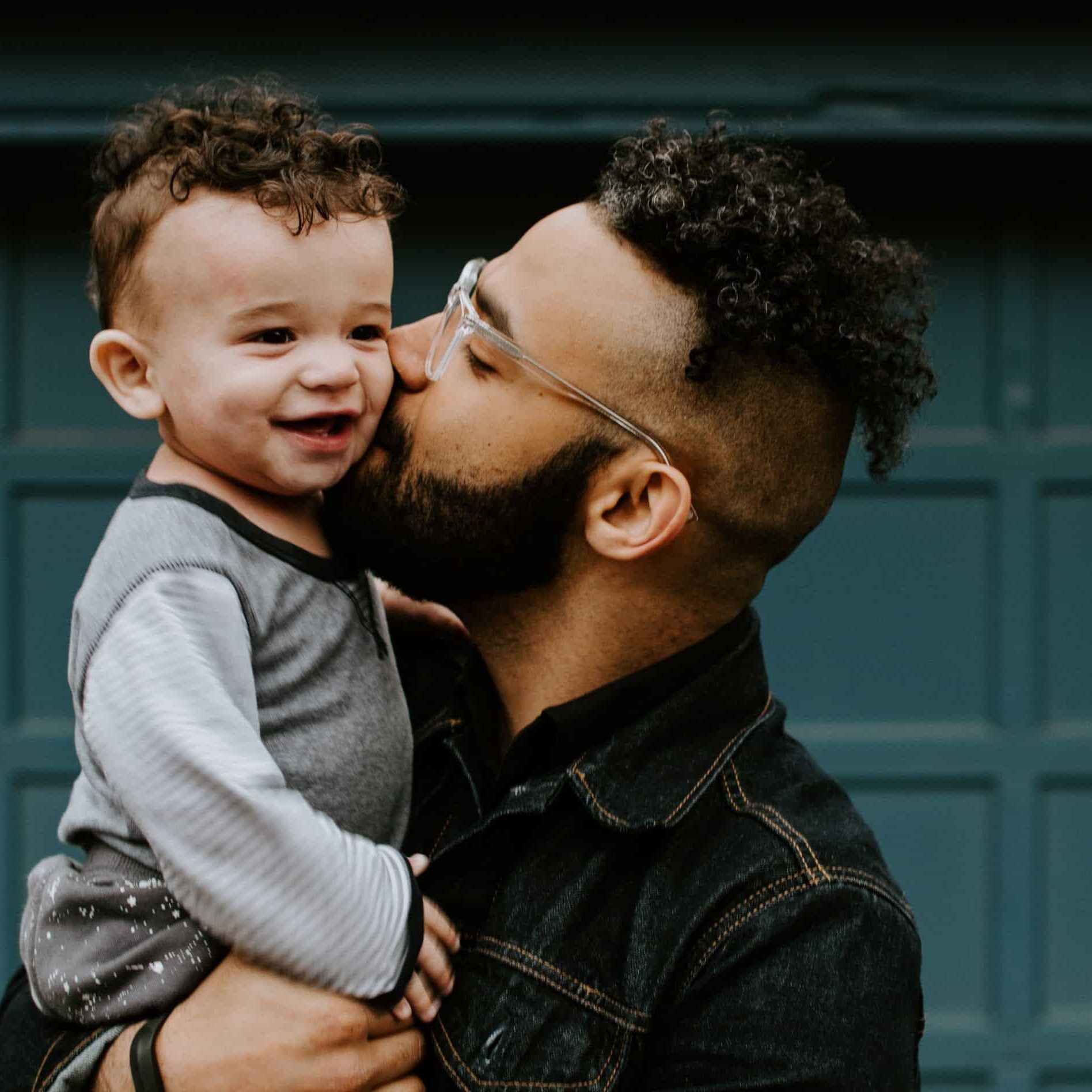About Parenting Now
Parenting Now is a non-profit organization that provides parenting education and support to families with young children. We bring parents of young children together to:
- share parenting experiences
- increase their knowledge of early childhood development
- learn about community resources
- create support networks among themselves

Our vision is that all children are raised by nurturing, skilled parents.
Our mission is to provide the local and global community of parents and educators the tools and resources to create and sustain healthy, safe environments for children.
We believe that:
- Parenting is the most important and challenging job there is.
- Parents are their children's first and most important teachers.
- All families should have access to parenting education and support services.
Our values:
- We treat each individual with respect and dignity.
- We have the knowledge, expertise, and skills to achieve excellence in our work.
- We demonstrate honesty and integrity in everything we do.
- We achieve success through effective communication and clearly understood goals and expectations.
- Our work is grounded in our commitment to our direct work with families.
Our History
Parenting Now was founded in 1978 in Eugene, Lane County, Oregon as a grassroots community project named Birth To Three. Since that beginning, nearly 110,000 local parents and their children have benefited from the organization's programs and services.
Today, Parenting Now is one of the premier parenting organizations in the country, a model for others to replicate - and most of all, a way to create an extended family and sense of community through the common bond of parenthood. The success of our many programs has made an impact on families nationally and internationally.
We have built on what we have learned since 1978 in providing parenting education and support. We have developed nationally recognized parenting education curricula that are now being used at more than 900 sites in 47 states and Washington, D.C., 17 international locations, and in Native American and Native Hawaiian communities.